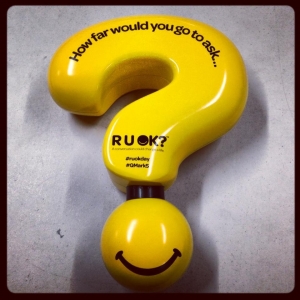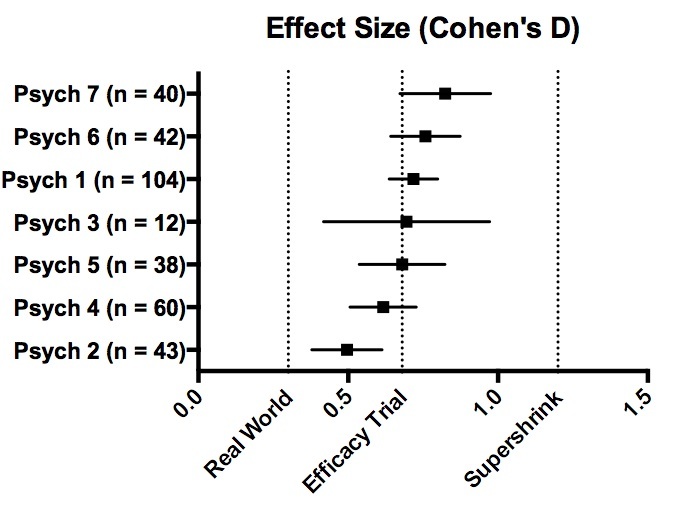Benchmark Psychology, helping Brisbane
Benchmark Psychology just marked our three year anniversary. As well as being a world class, evidence based psychology practice, we are also part of the Brisbane community. We thought it would be a good time to reflect back, and see what we have been doing to service Brisbane these past few years.
Seminar series for other Brisbane psychologists
At Benchmark, we have run a monthly seminar series for both he public and for other psychologists. These seminars have covered a range of topics, from parenting advice, to dealing with schizophrenia. These have been well attended and shared valuable knowledge and skills.
Talks for schools in the greater Brisbane area
Psychologists at Benchmark have given talks to parents at kindies, primary and high schools in the public, private and catholic systems. We have received fantastic feedback on these talks from parents. If you are interested in booking one of the Benchmark Psychologists for a school event, contact us.
Benchmarking data for other Brisbane psychologists
Benchmark Psychology is quite unique in that we collect exhaustive data on treatment outcomes and drop-out for all of our psychologists. You can check out that data here. As well as being incredibly useful for us in our efforts to provide the best possible service, that data has been used by dozens of other Brisbane psychology practices.practices. Have a look at our colleagues at Jumpstart Psychology, to see how our data is helping to improve outcomes for others.
Supervision of trainee psychologists
Benchmark Psychology has a number of accredited supervisors who provide supervision services to trainee psychologists from most of the major Brisbane universities. Our team of supervisors are highly regarded and get great feedback from their trainees.
We are proud of the work we do as psychologists, but we are also proud of the work we do building our Brisbane community.
Why not click here to learn more about our team



 Dr Jennifer Wilson
Dr Jennifer Wilson